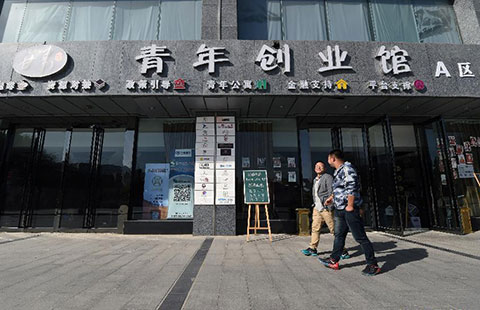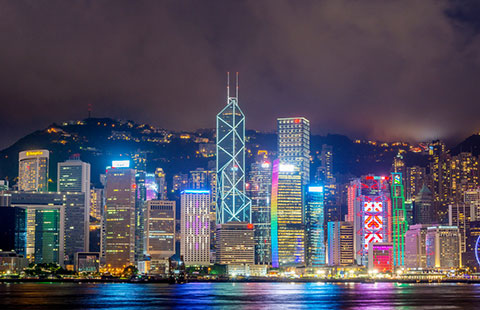Chemical firms must search for a more solid future
By MAN RANJITH (China Daily) Updated: 2015-10-14 07:30Gunawan, however, is convinced the government's active promotion of environmentally friendly and energy-saving products, and its focus on the commercialization of research and development institutions and universities, will help the industry out of its rut.
"We expect to see a lot of local chemical companies moving up the value chain by expanding into adjacent sectors with more competitive product offerings which will drive industry consolidation."
With China's gradual move away from commodity products, specialty chemicals are expected to be the next sunrise segment. This is still an area where multinational companies are way ahead of local firms, but Gunawan feels an edge can be created if they start making specialty chemicals locally in China, as the nation continues to depend on imports for its requirements.
"Chinese chemical firms must upgrade their research and development capabilities by acquisition or cooperation with leading international research institutions.
"They must also leverage the advantage of being agile and flexible in terms of business and decision-making process," Gunawan said.
BASF, the largest foreign investor in China's chemical industry, certainly believes there's still enough room for further growth.
"China is absolutely still the key market in Asia, both for BASF and for the industry overall," Albert Heuser, president of BASF in China and Taiwan, said in a recent article. "It's true that the growth rates have been slowing, but remember, last year China's GDP growth was more than double the entire GDP of the Philippines."
In the final analysis, chemicals are the building blocks for multiple industries and nations, and no matter the hazards or risks, no one can make do without them.
- Chemical firms must search for a more solid future
- AB InBev and SABMiller agree new $104b takeover proposal
- Shanghai Disney to attract resort staff
- Pepsi to bring fizz to smartphone market with P1
- Trade picture set to brighten in Q4
- Rare earth major cuts production
- Job market faces fierce competition in Q3, report says
- Top 10 most valuable privately held Chinese brands
















